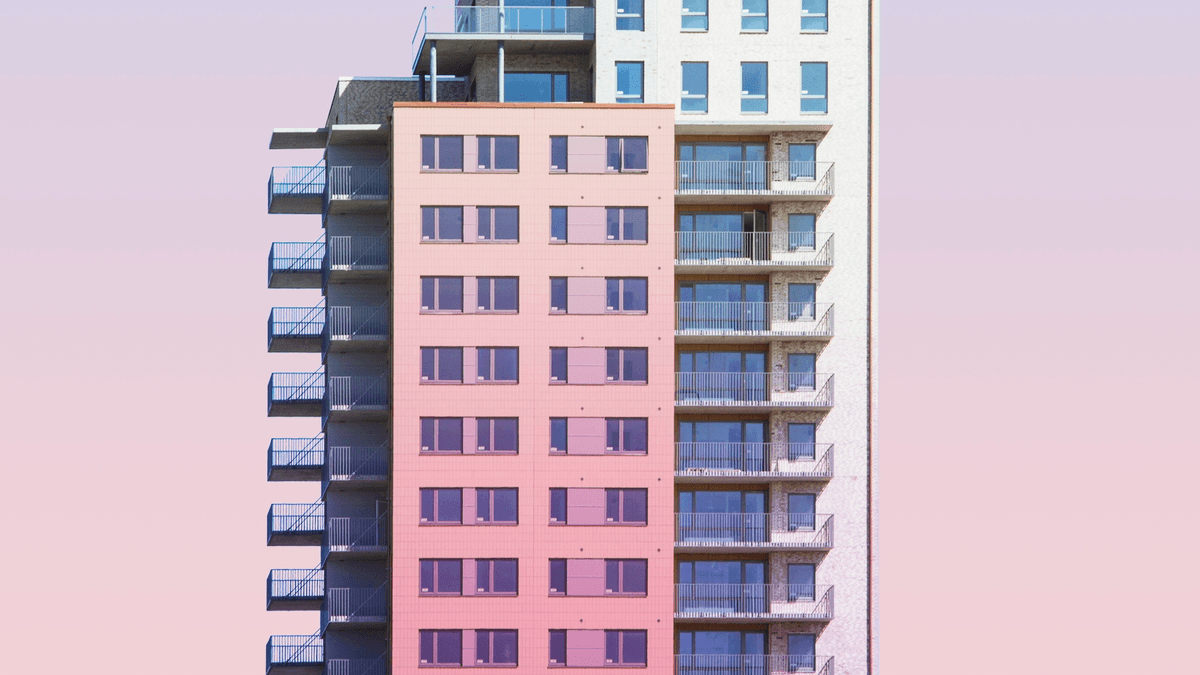Setúbal Approves Special Protection Zone for Palácio da Comenda
The Setúbal Municipal Council has officially approved the creation of a Special Protection Zone (ZEP) for the historic Casa da Quinta da Comenda, also known as Palácio da Comenda. This decision follows a formal request from Património Cultural, I.P., Portugal's public institute for cultural heritage management. The property is now classified as an Imóvel de Interesse Público (Property of Public Interest), granting it significant legal protection.
What is the Special Protection Zone (ZEP)?
The ZEP aims to safeguard the architectural integrity, historical context, and visual sightlines of the palace. Any construction, renovation, or alteration within the zone must pass rigorous review and approval by municipal and national heritage authorities.
Restrictions and Regulations for Property Owners
| Aspect | Regulation | Notes |
|---|---|---|
| Building Height | Limited | Must comply with ZEP plan |
| Materials | Historical style required | Approval needed |
| Landscaping | Preserve historical context | Municipal approval |
Timeline and Approval Process
- Official publication in Diário da República
- Project submissions required for approval
- Non-compliance may result in fines, legal orders, or demolition
Investment Implications
The ZEP affects current and future property owners. While it restricts some development, it increases the long-term value of heritage properties and attracts high-value tourism and investors.
Need Expert Guidance?
Get personalized insights from verified real estate professionals, lawyers, architects, and more.
Download Your Free ZEP Compliance Checklist
Ensure your property plans comply with Setúbal’s new heritage regulations. Enter your email below to get your free checklist.
Sustainable Tourism and Cultural Preservation
The government emphasizes sustainable tourism by protecting heritage sites like Palácio da Comenda. Future initiatives may extend similar protections to other historical sites in Setúbal.realestate-lisbon.com Get Expert Guidance on Portuguese Property Regulations
Key Takeaways
- Setúbal approves ZEP for Palácio da Comenda → legal protection
- Restrictions include building height, materials, landscaping
- Approvals required before construction or renovation
- Non-compliance = fines, legal action, demolition risk
- Investment opportunities in heritage properties
- Sustainable tourism and cultural preservation prioritized



